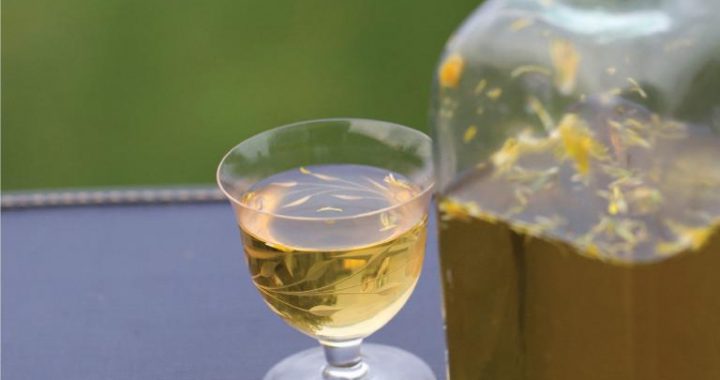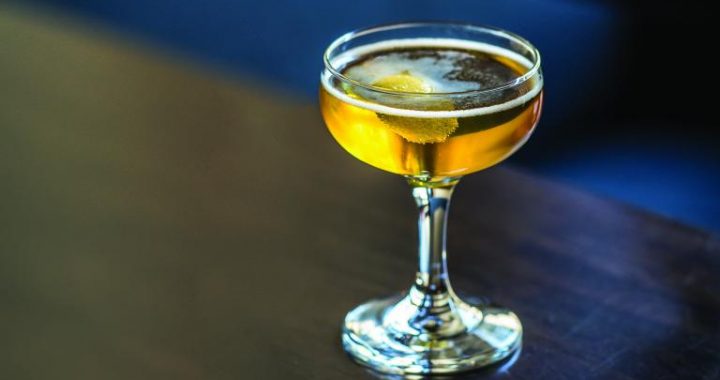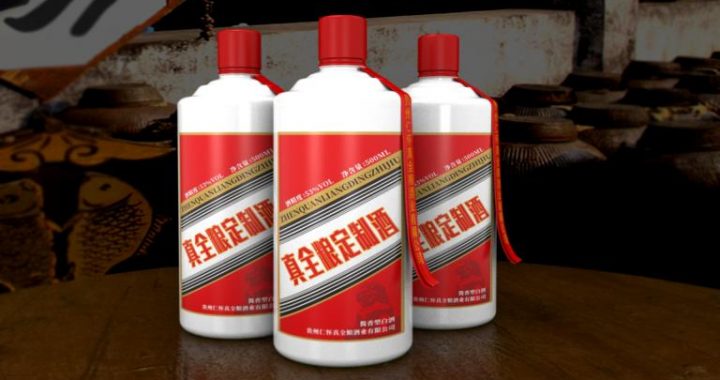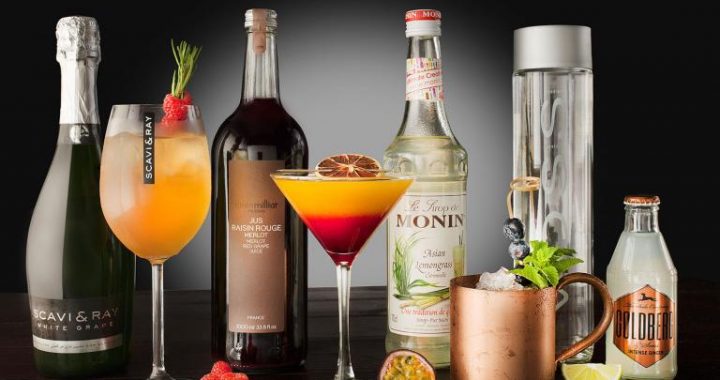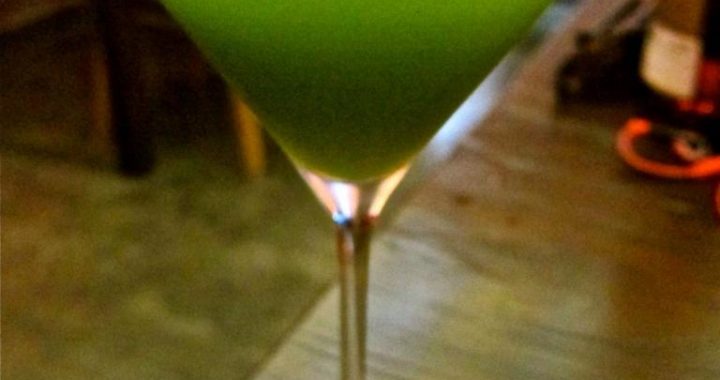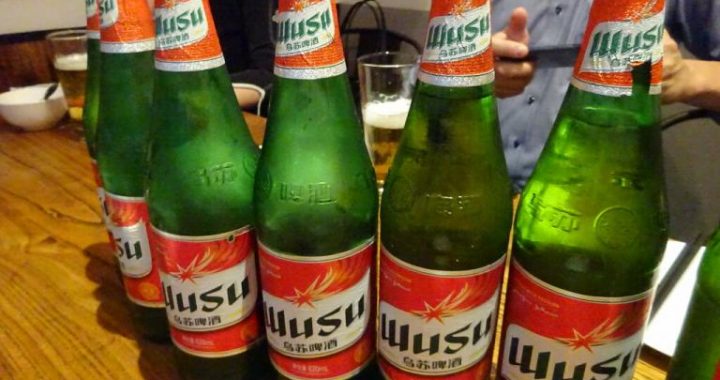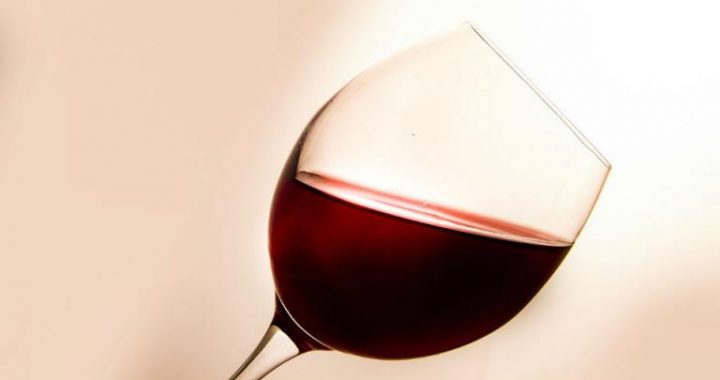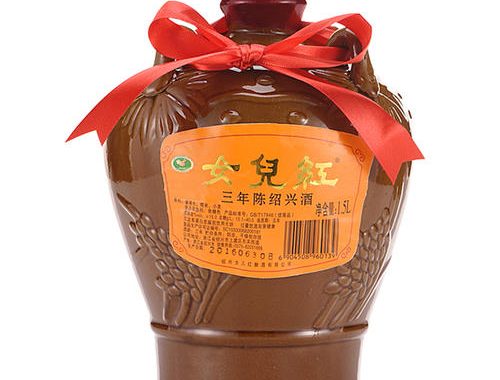Legend of Making Wine
4 min readChinese wine and its culture have a long and continuous history, leaving us man moving stories. They are shining bright through Chinese civilization and will pass down from generation to generation.
The Legend of Making Wine
Over the years, there have been countless descriptions on wine in historical records. For its origin, there are two arguments prevailed throughout the history, Yi Di version and Du Kang version.

1) Yi Di Version
There are plenty of records in Chinese ancient books supporting the argument that Yi Di was the first person to make wine. Briefly, they lead to two ideas. One suggests that Yi Di made laozao (fermented glutinous rice) and Du Kang made kaoliang jiu(literally”sorghum liquor”; often called simply sorghum wine). That is, if Yi Di and Du Kang are to be defined as inventors of Chinese wine, then Yi Di will be the one for huangjiu(literally “yellow wine”) and Du Kang will be for sorghum liquor. The second idea purports that there was wine-making craft in as early as ancient times but not confirmed until Yi Di. It is believed that various crafts werewidespread among people in the time of Three Sovereigns and Five Emperors, and later on, sorted out and developed into a complete set of methods by Yi Di, were handed down to later generations. However, it would be impossible for a plain folk to summarize and promote the craft in such a large scale at that time. Therefore, it would be reasonable in some records that Yi Di was a government official in charge of making wine.
Then, who on earth was Yi Di? In most of the historical records it is generally agreed that Yi Di lived in the reign of Emperor Yu of Xia dynasty. That is all about him as there is no way to trace his birth and death, positions and social status. It is recorded in Zhan Guo Ce (literally “Stratagems of the Warring States”,a renowned ancient Chinese historical work and compilation of sporadic materials on the Warring States period compiled between 3rd century to lst century BC) that Yi Di was once appointed by the emperor to supervise the making of wine. With great efforts, he managed to brew a good wine with mellow flavor. After tasting it, the Emperor Yu, who had enjoyed almost all dainties of every kind in the world, sang highly of this wonderful liquid with magic color. However, instead of rewarding his official, Yu, the Emperor of Saint esteemed by later generations, distanced himself from Yi Di and never trusted him since. He himself abstained from drinking, too, for he was convinced that the magic liquid would play an “activator”for later emperors to put an end to their reigns.
Based on the records mentioned above, can we say that Yi Di was the inventor of wine? This question has been given different answers since the ancient times. KongFu, one of the 8th generation offspring of Confucius, once pointed out that Yu wasnot the first one to taste wine. His predecessors Yellow Emperor (Huangdi), Empero Yao and Emperor Shun had begun to do so well ahead of him and were very good at it.
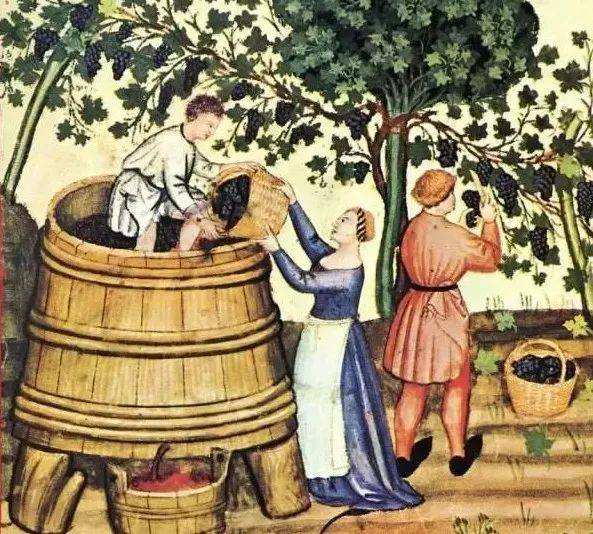
In that case, who made the wine for these emperors in that period? It thus can be concluded that Yi Di was more a one good at wine making or an official in charge of it than the inventor of wine. Summarizing the experience of predecessors, improving brewage skills and putting them into practice, he finally produced liquids with such mellow flavor.
2) Du Kang Version
Compared with Yi Di version, the method that Du Kang invented wine is much more popular in Chinese historical records.
In history, Du Kang was a real figure described in many ancient books. According to civil folks, the concept that Du Kang invented liquor was also very popular. Du Kang, nicknamed Shao Kang, was a posthumous child. His father was the fifth king of Xia dynasty. Du Kang was born and brought up in his mother’s home. Shao Kang helped to support his family by herding goats when he was young. One day,a sudden heavy rain caught him when he was feeding goats. He so hurried home as to leave his bamboo canister filled with husked kaoliang hung on a tree branch in mountain. Several day later he recalled it and went to fetch it, he discovered that the husked kaoliang had turned into some delicious food which smelt fragrant. Enlightened by this joyoussurprise, he managed to brew the wine sweet and delicious after repeated experiments and countless efforts. In 1983, archeologists discovered four jars of Warring States period in a site of Du Kang’s workshops as said in tales. Such a discovery proved that there was a long history of wine brewing in the place.
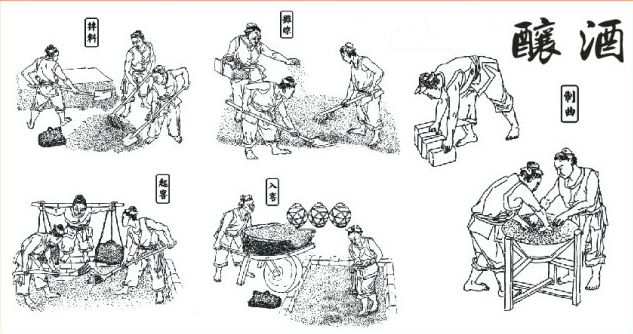
Yet, the time of the jars was quite early ahead of Xia dynasty, where Du Kang lived. In addition, many descriptions and plots are contradicting with each other.
The Baishui county, located at the joint of Shanbei Plateau and Guanzhong Plain, though, sti1l had a well-kept tomb of Du Kang. It is to be further studied whether on earth he was the winemaking ancestor, but as people widely spread such a concept, Du Kang naturally was regarded as the god of wine. It is also said that he was apotheosized by the Jade Emperor after he died. Hence, Du Kang generally was considered as a symbol of wine and remains well-known today.
